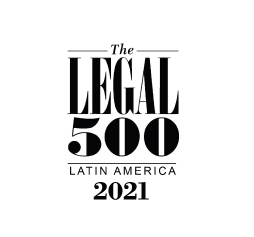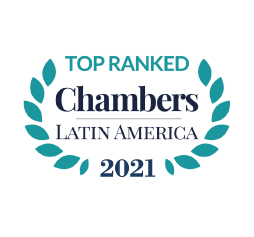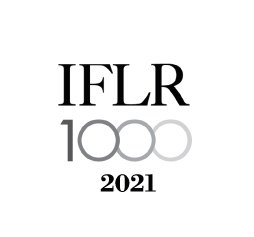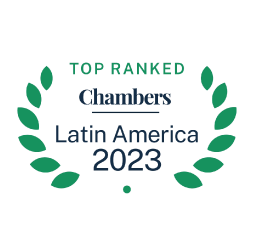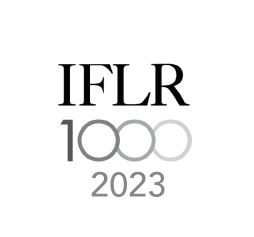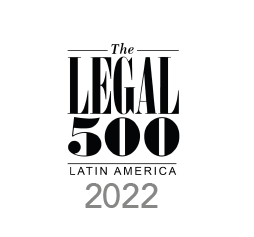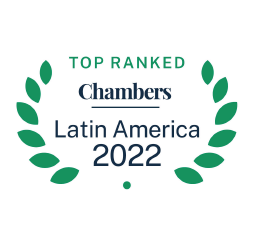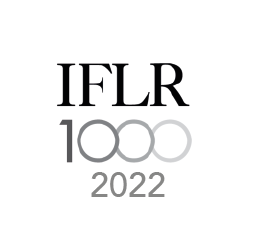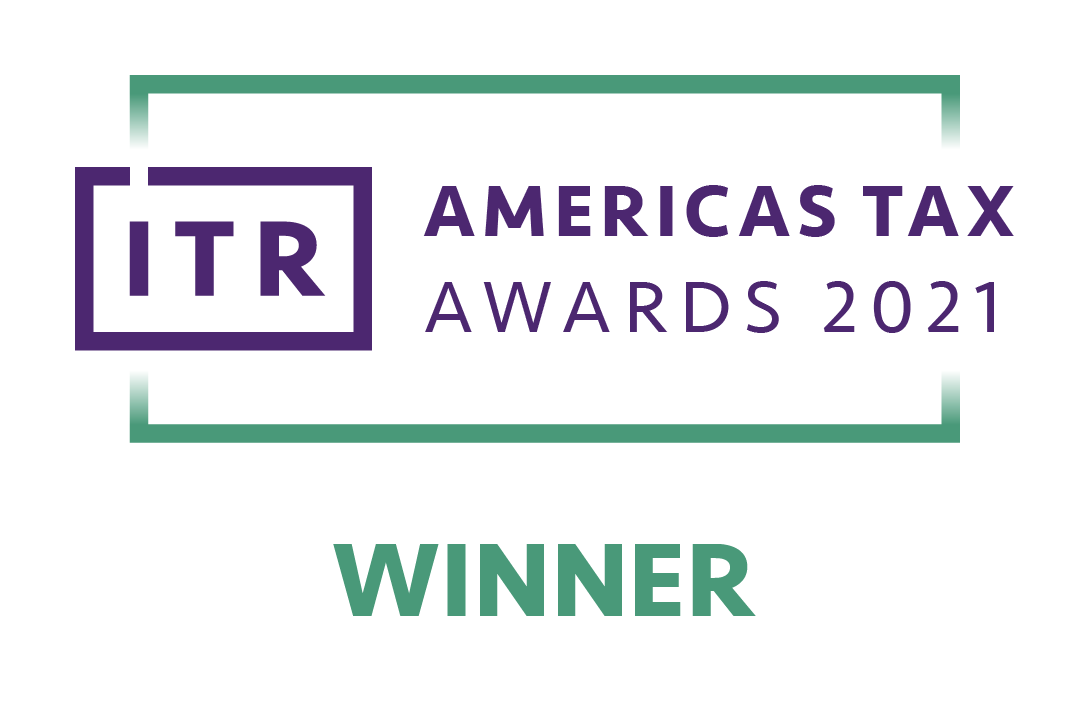On 12/30/21, the Undersecretary of State for Taxation (the “SET” or “Tax Administration”) issued General Resolution No. 109/21 (the “RG”), whereby a special and simplified system is established for the settlement and payment of Non-Resident Income Tax (“INR”) in regard to incomes arisen from digital services provided from abroad to final consumers in Paraguay, as follows:
- As we had recently warned, the SET, through the RG, ordered the creation of a registry for non-resident digital service suppliers (the “Registry”), in which the non-resident supplier that provides digital services in the country to final consumers must be registered (the “B2C Supplier”)
- This come as no surprise, since the Executive Branch, through Decree No. 6515/21 (the “Decree”), revoked the obligation previously required to banking and financial entities, exchange houses, cooperatives, payment processors or similar entities, telephone companies or other entities, for withholding the INR in cases where they mediated the payment for such services, and authorized the SET to regulate the way of settlement and payment by the INR for said incomes.
- In such sense, the Decree already clarified that the services affected by the special provisions would be, among others, Netflix, HBOgo, Spotify, Amazon Prime, Google, YouTube, Facebook, Instagram, Deezer, PayPal, Twitter, Apple, Airbnb, Uber, Bolt, when they are provided from abroad to final consumers in the country; except when the services are provided to Corporate Income Tax (“IRE”) taxpayers, who must withhold the tax.
- Likewise, the RG establishes that the B2C Supplier must notify the SET of the start of the provision of services in the country, within a period not exceeding (10) following said start. To this end, a proxy or legal representative must be appointed (the “Representative”), who, in turn, must sign and submit to the SET, at the email address: gestion_documental@set.gov.py a special form with a number of data about the aforementioned supplier and attach related documents.
- It is important to highlight that said communication must detail all digital services provided from abroad into the country.
- Once the communication is sent to the SET, the Representative will be in charge of paying the INR to the Treasury, for such purpose the tax amount to be paid from the beginning of the supplier’s operations in the country must be calculated.
- To comply with this requirement, the Representative must submit the following documents on a monthly basis to the SET, using the above mentioned email address:
- Affidavit Form (Form No. 90) completed and signed by the Representative, in accordance with the indications made by the SET.
- Electronic spreadsheet detailing the commissions received and the amount charged for each service provided in the country
- It is worth clarifying, as the RG does, that these special provisions do not apply to cases where IRE taxpayers obtain digital services from non-residents.
- However, when in addition to providing digital services to IRE taxpayers, the non-resident supplier provides them in Paraguay to final consumers, such provisions will be applicable.
- Notwithstanding that the RG is already in force since its publication, the SET established a transitory period until 03/31/2022, during which the Representative of the B2C Supplier who was already providing services in the country before the validity of the RG, may proceed with the registration in the Registry.
- Consequently, the INR for the income obtained by these service suppliers during the months of January to March 2022, must be paid to the Tax Administration in the following month (April), by filing a single form.
- Finally, although we celebrate the adoption of this mechanism, which has proven to be effective, we consider that there are still some issues to be defined, such as the requirements that the Representative must meet to be appointed as such and also getting to know the practical application of this new simplified settlement system. Therefore, we will closely follow the development and advances in the regulation of this issue, which is of interest to our clients and the international digital community.

